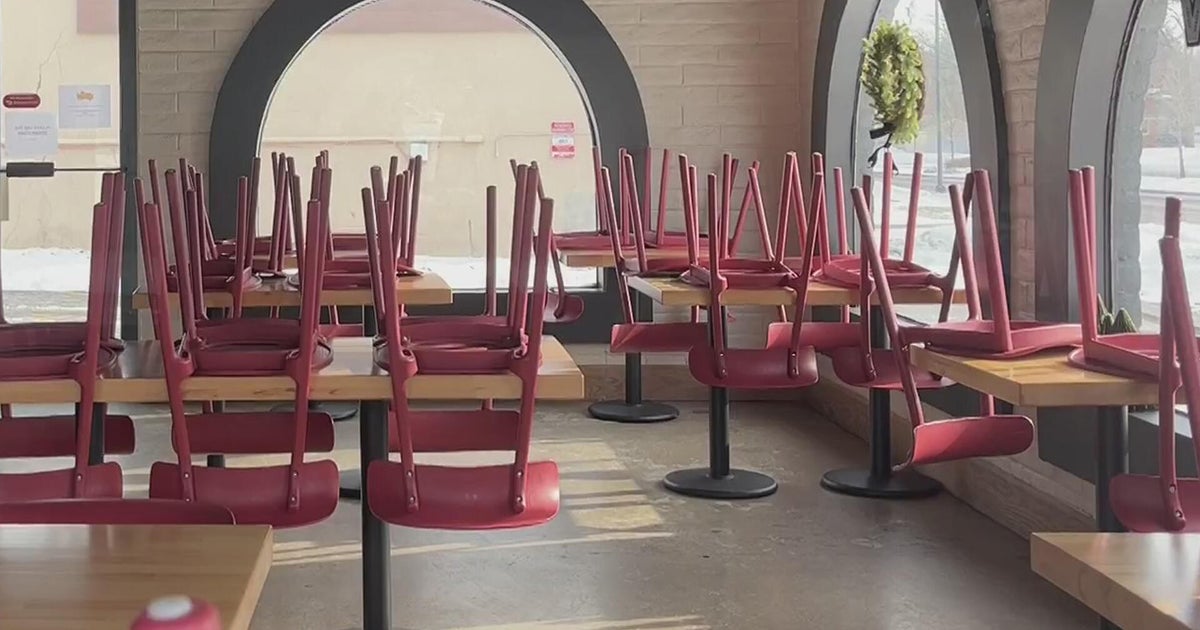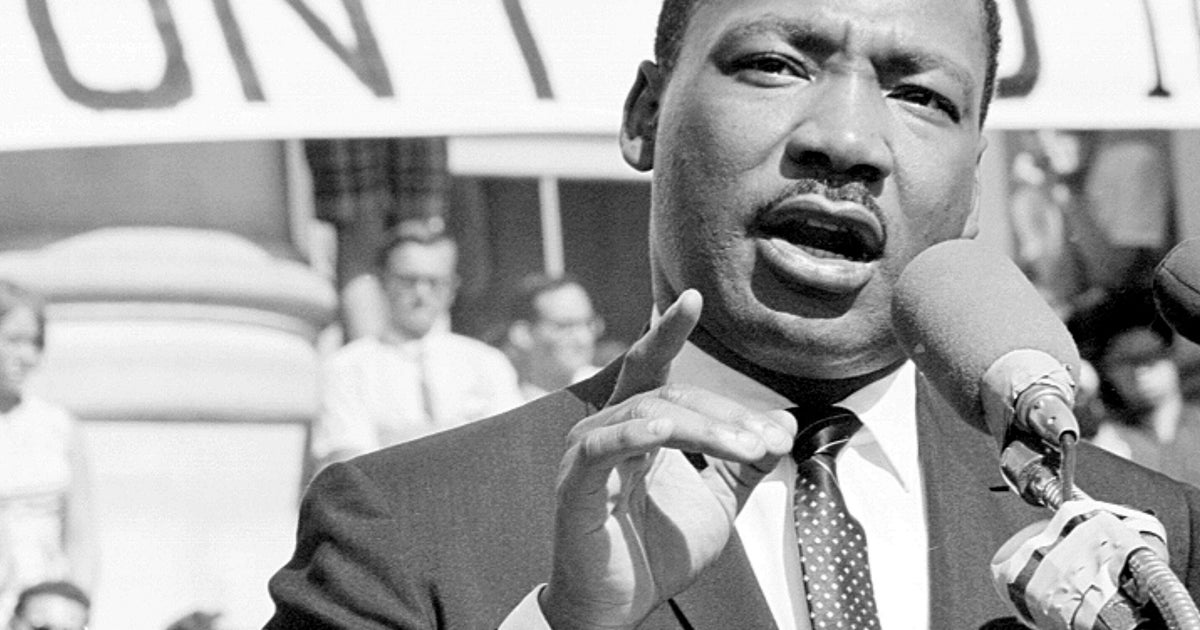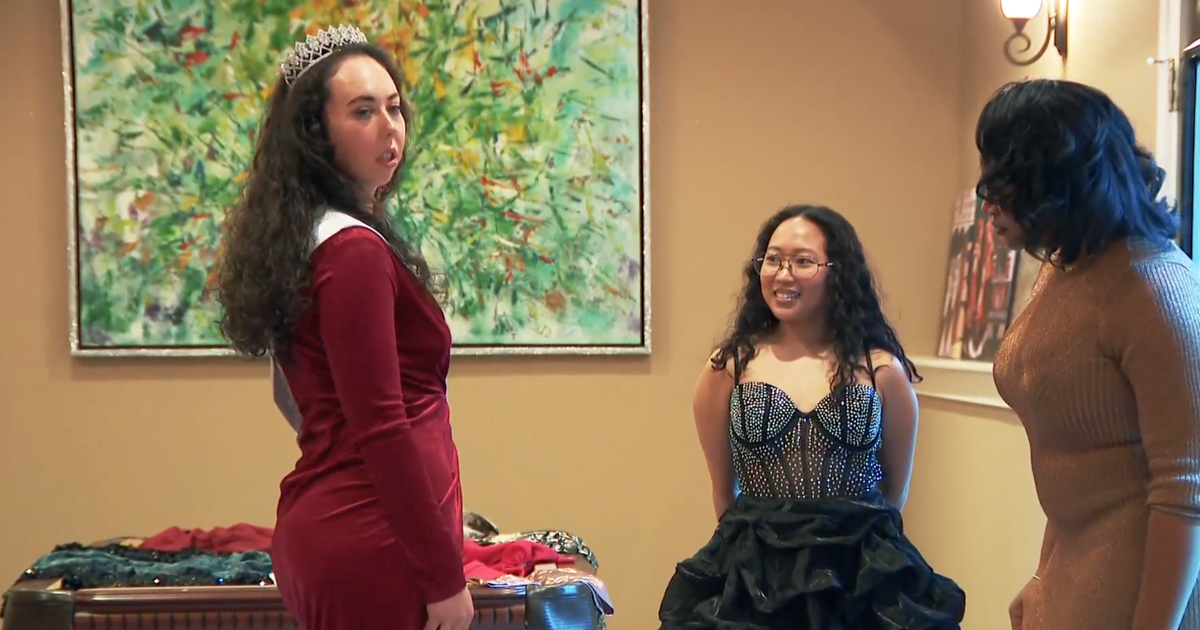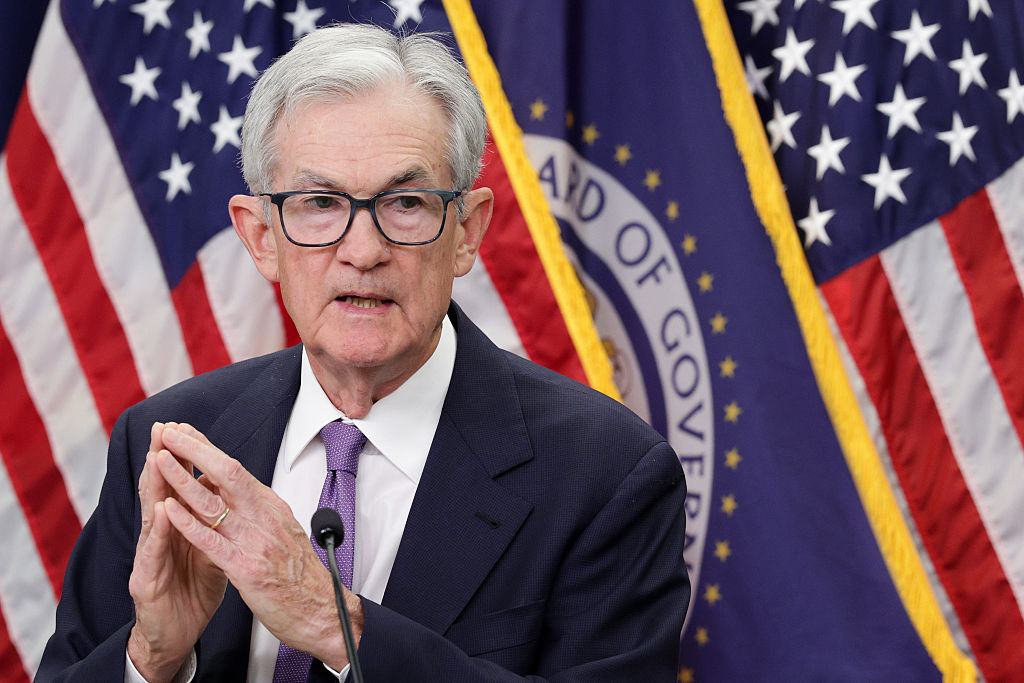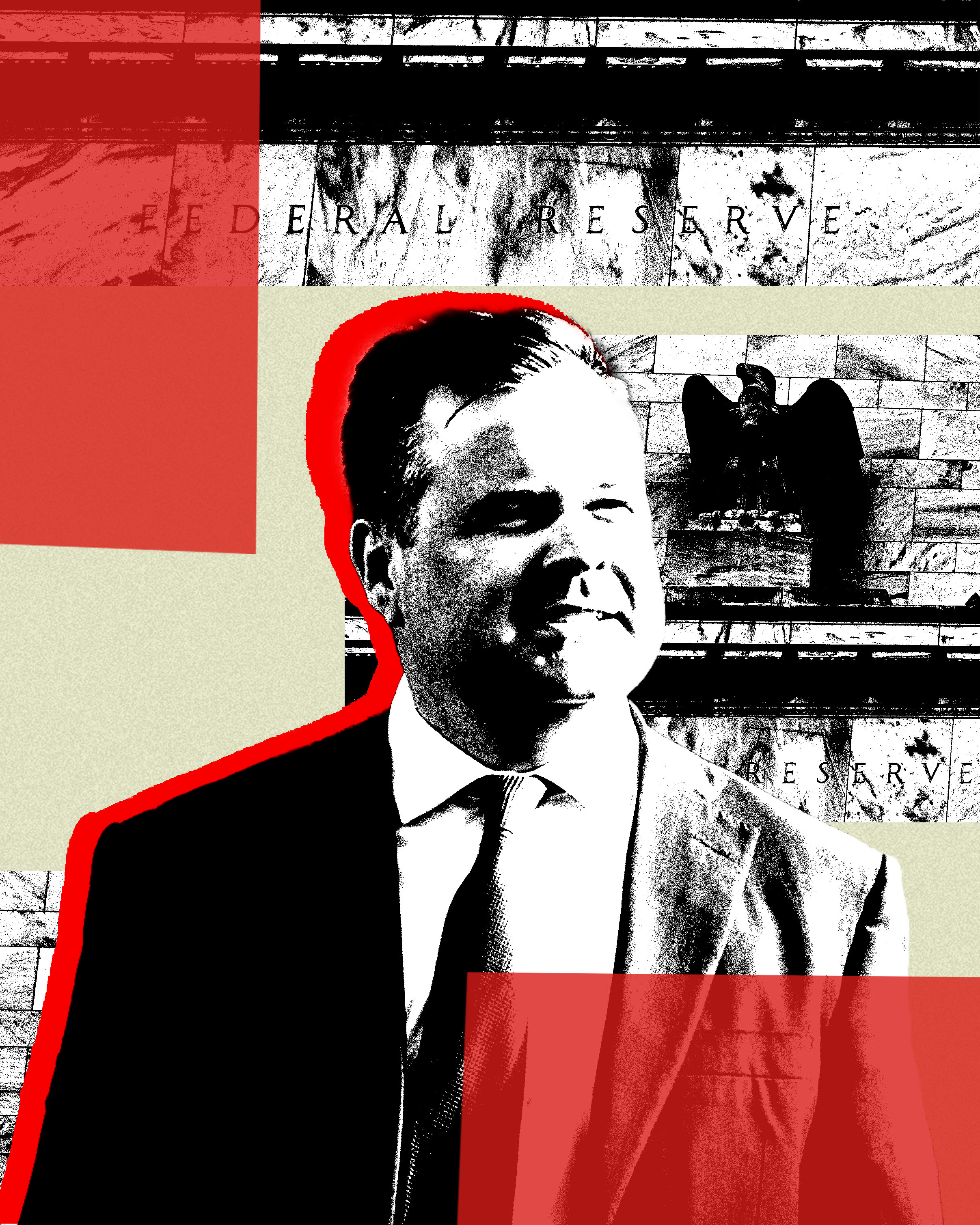U.S. economy suffers biggest quarterly decline on record
The U.S. economy shrank at a record-breaking 32.9% rate in the second quarter of this year as Americans sheltered at home during the coronavirus pandemic and slashed personal spending, the Commerce Department said Thursday.
That figure shatters the previous record for a quarterly decrease in the nation's gross domestic product, a 10% decline in 1958.
The latest drop was driven by a fall in consumer spending, exports, business investment and state and local government spending, and was partly offset by increased federal spending.
Thursday's figures confirm Jerome Powell's assessment earlier this week, with the Federal Reserve Chairman on Wednesday calling the economic crisis "the most severe in our lifetimes."
"It will take a while to get back to the levels of economic activity and employment that prevailed at the beginning of this year, and it will take continued support from both monetary and fiscal policy to achieve that," Powell warned.
Stocks slid Thursday after the dire GDP report, along with data showing that unemployment claims remain stuck at historically high levels. Some 2.2 million people applied for jobless aid in the week ending July 18, according to a separate report released Thursday by the U.S. Labor Department.
That figure includes 1.4 million who applied for regular unemployment benefits last week — an increase from the previous week when accounting for seasonal variations — and about 830,000 people who applied for Pandemic Unemployment Assistance, a federal program for self-employed and gig workers.
The Dow fell more than 500 points, or nearly 2%, in morning trade, while the broader S&P 500 stock index and tech-heavy Nasdaq also retreated.
"The latest jobless claims data show that the resurgence in COVID-19 cases is taking a toll on the recovery in the labor market," Nancy Vanden Houten of Oxford Economics told investors in a report.
Spending data from Facteus, which tracks credit-card spending, showed drops in spending on restaurants, lodging, air travel and entertainment.
Many economists had expected spending to recover quickly as restrictions eased, but the current surge in coronavirus cases across the country is making that less likely.

